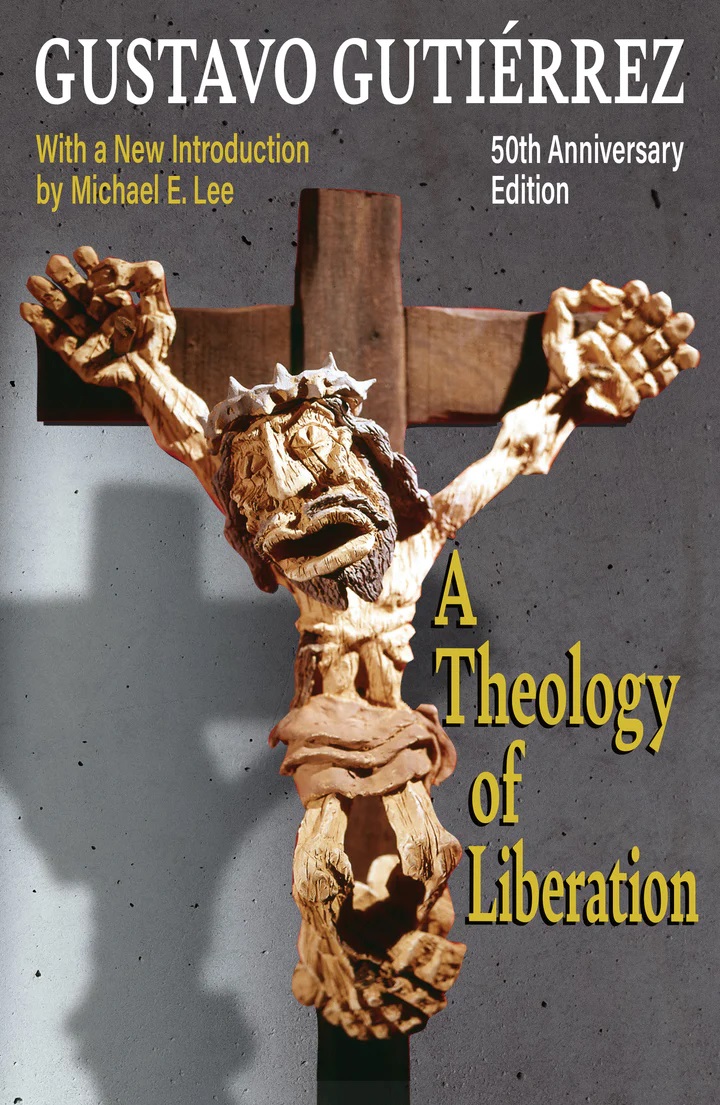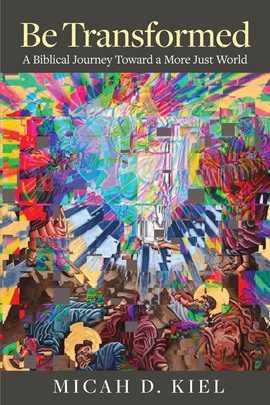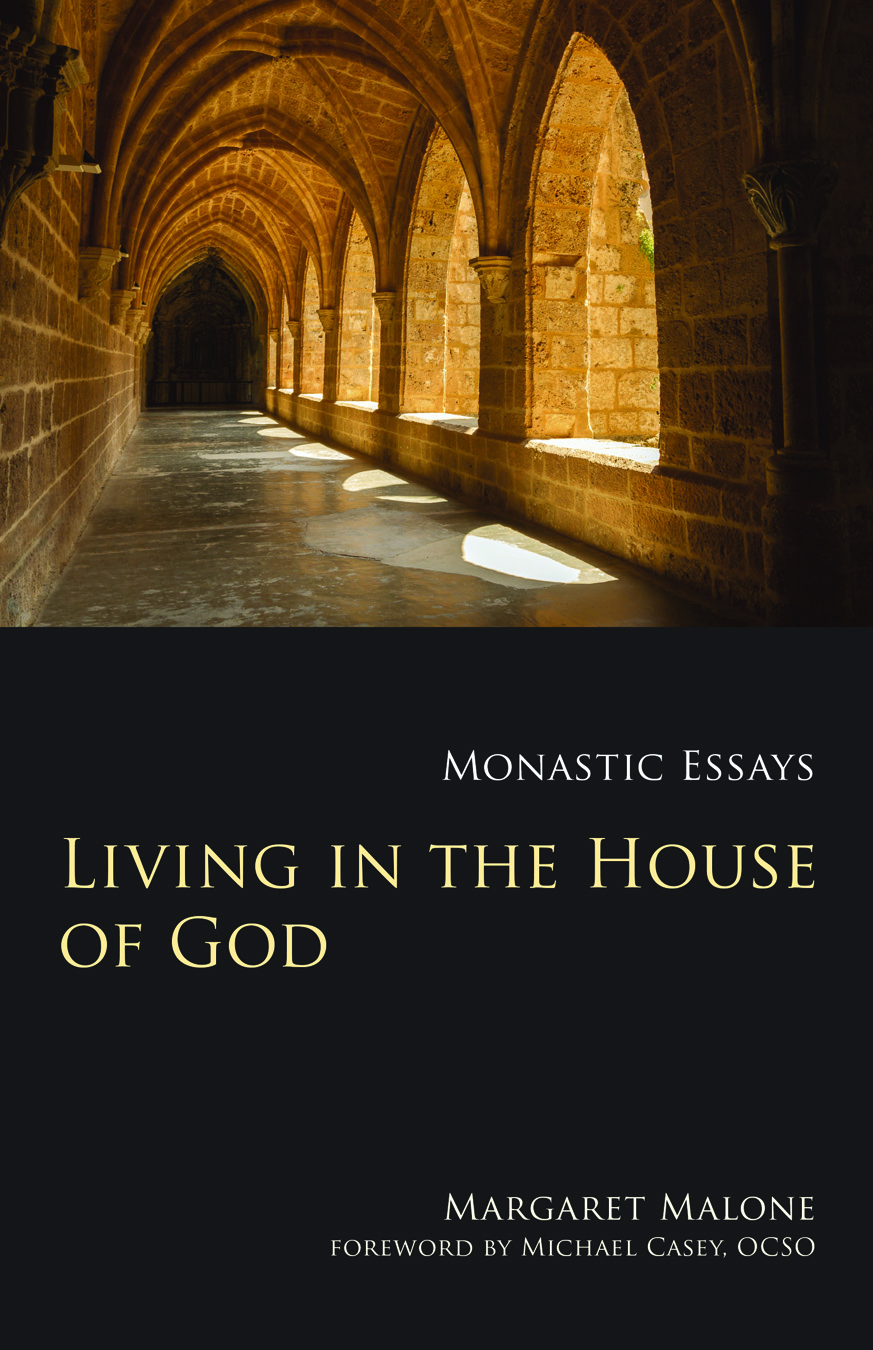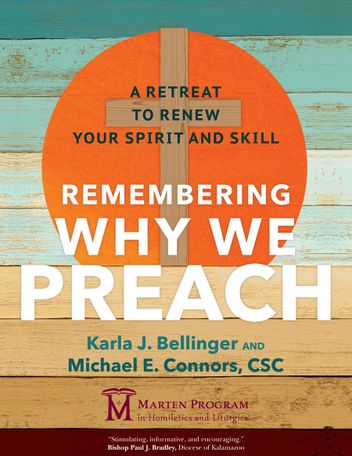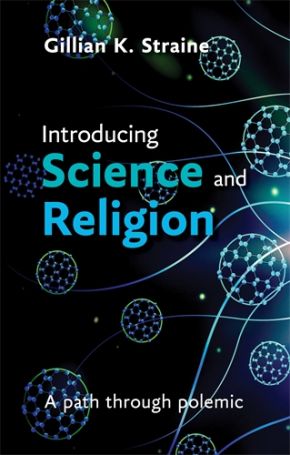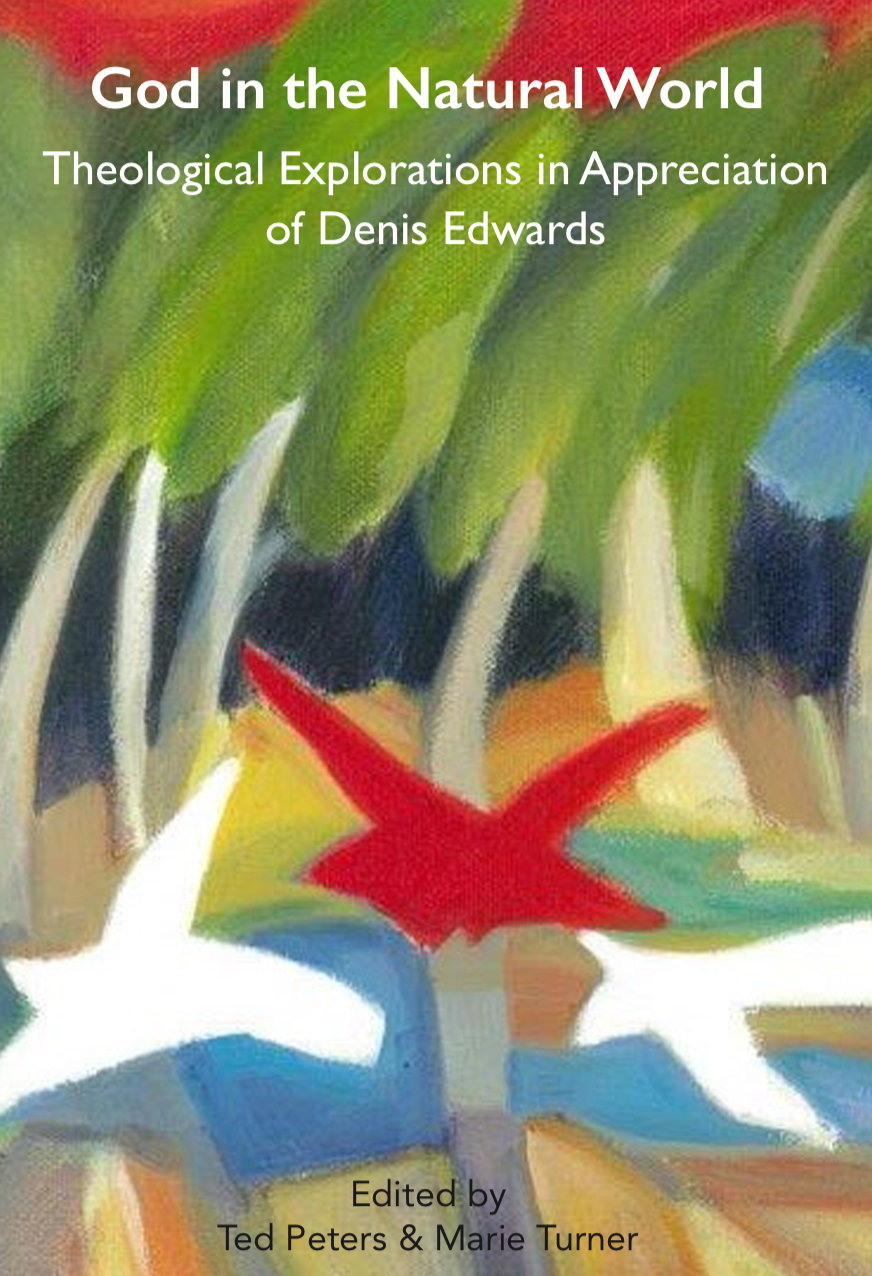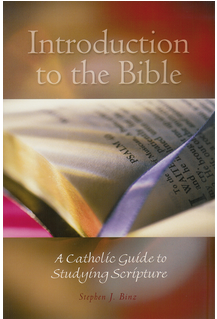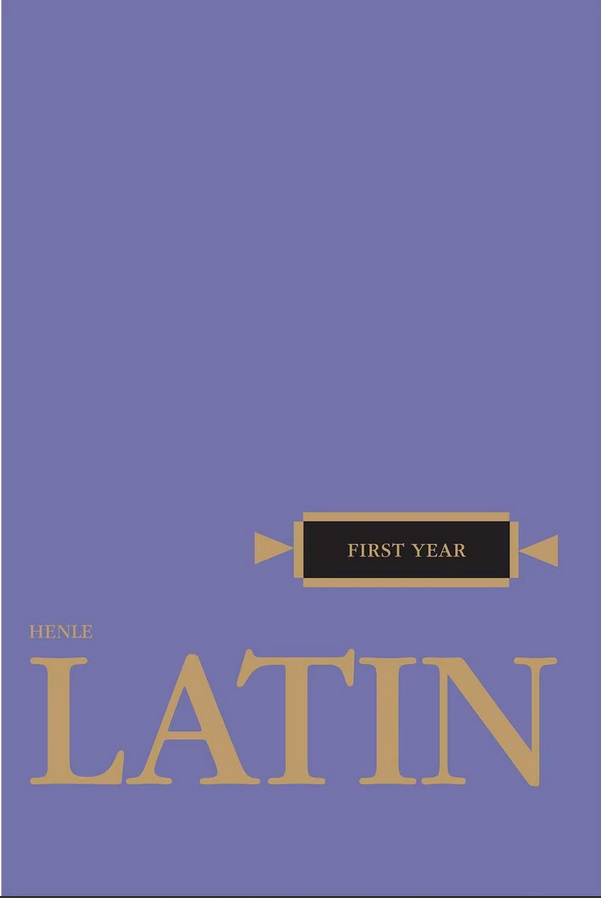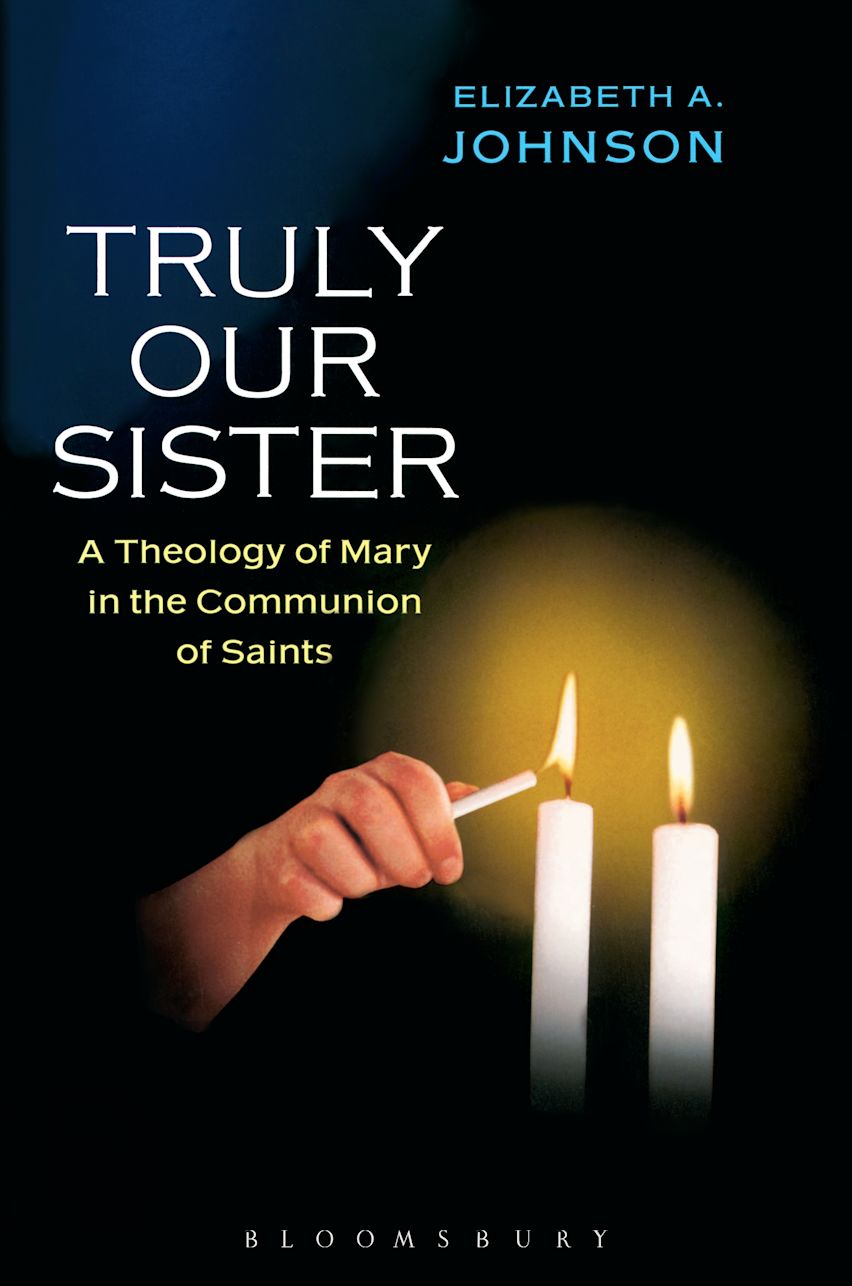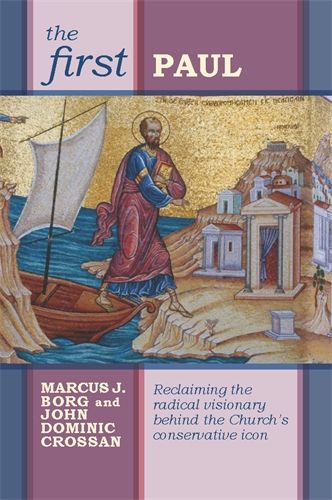In his previous book, Problems with Atonement, Stephen Finlan compellingly argues that the doctrine of atonement has been more a stumbling block to a true understanding of the relationship between God and humanity than a genuine explanation of how we relate to God and God to us. Options on Atonement reprises these arguments briefly, then looks more closely at the solutions to the problem offered by a variety of modern interpreters. Finlan’s focus in this volume is on revelation, on the gradual human absorption of and interpretation of revelation received from God, the maturing of human cultures, and especially the light shed by modern family systems psychology.
At a time when public debates rage over the notion of evolution in the natural world, this book asserts that our understanding of divine revelation is likewise subject to evolution. If religion itself does not evolve, the author asserts, we are left only with an unsatisfactory choice: to remain mired in the past, or to repudiate all that is past, including our Scriptures. Will that be our choice? Or can we resolve to examine our traditions, including that of the atonement, in the light of new knowledge? Stephen Finlan chooses to do just that.
Stephen Finlan, PhD, teaches biblical studies at Fordham University and Seton Hall University. He is also the author of The Background and Content of Paul’s Cultic Atonement Metaphors, Problems with Atonement and co-editor of Theosis: Deification in Christian Theology.

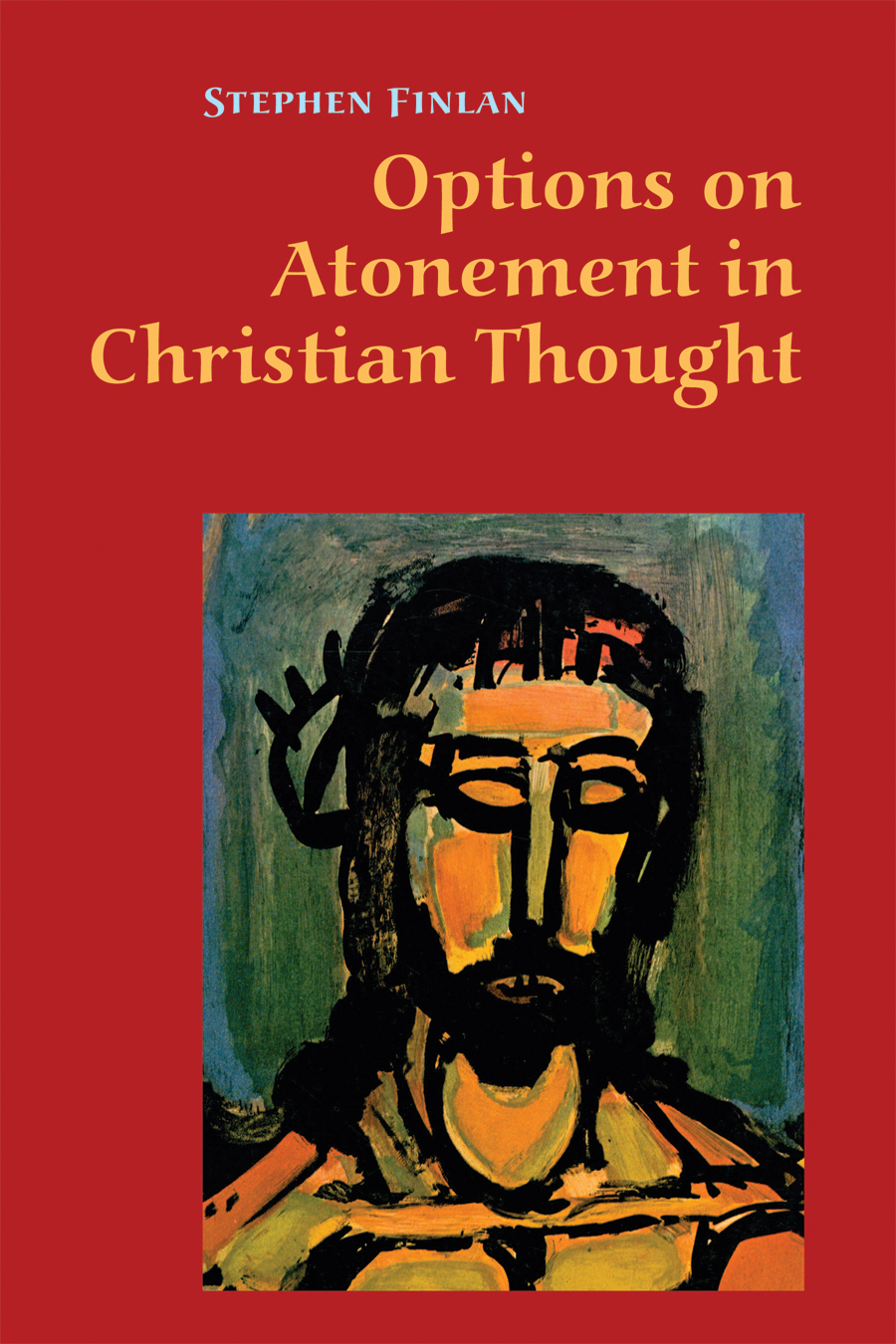
 Back
Back
